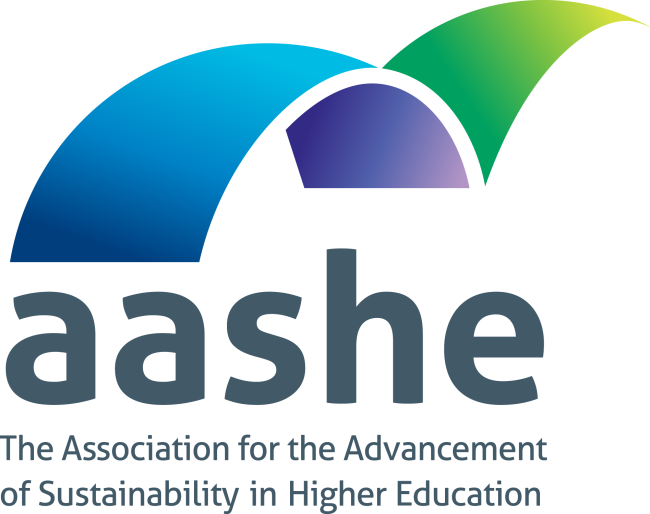Sustainability
Primary tabs
Building a Curriculum Development Program for Your Institution: The Piedmont/Ponderosa Model

Event Description
Are you ready to see your institution move forward to engage faculty and change curriculum toward sustainability issues? This workshop will introduce participants to the Piedmont/Ponderosa model, which has been adopted successfully across the United States and beyond, reaching thousands of professors over two decades.
The Piedmont/Ponderosa model of two-day faculty development workshops has been used by dozens of institutions—large and small, public and private—with resulting faculty enthusiasm and renovated courses. This virtual workshop will provide a history and overview with discussion time on Day 1 and delve more deeply into details of workshop form and function on Day 2. Both days will last 2.5 hours.
Interested faculty leaders will be equipped with the knowledge, materials, and strategies to adapt this “Sustainability Across the Curriculum” model to their own institutions. Activities will explore the pace, timing, funding, staffing, and philosophy behind the unique aspects of the workshop model. Resource materials, interactive breakout room discussions and opportunities for Q&A will be included. Challenges in making the transition to teaching fellow faculty will also be discussed. Participants will be provided with background materials beforehand and will have multiple handouts and guides to support deeper discussion on Day 2.
Participants in this workshop will be eligible to apply to participate in the Global Sustainability Across the Curriculum Program Development Support Group, a longer term program that guides participants through the key steps involved in establishing a successful sustainability across the curriculum program at their institution.
If you are looking for a shorter workshop that is applicable to faculty new to sustainability and the teaching of it, please see Integrating Sustainability Literacy Across Your Curricula — Best Practices.
How to Register
Registration including a breakdown of registration fees is available through the AASHE website. A limited number of scholarships are available to individuals who need financial assistance to participate. Please apply two weeks before the program begins (i.e., 6/01/2023) to be considered for a scholarship for this workshop.
Registration Policies:
- Registration deadline is Wednesday, June 12, 12:00 p.m. ET.
- Payment is accepted in the form of Visa, MasterCard, American Express and Discover cards.
If you need to pay by check or ACH, please contact us at least 5 weeks prior to the event start date. Registration using these forms of payment must be received 4 weeks prior to the event start date and full payment must be received by AASHE within 2 weeks of event start date. - Cancellation Policy: A 20% processing fee applies to any cancellation prior to June 5, 2023. No refunds will be given after June 3, 2024.
- No substitutions are allowed.
- Registered participants will receive access to the recording after the live event.
United States
Workshop: Integrating Sustainability Literacy Across Your Curricula — Best Practices
Event Description
This workshop is focused on equipping faculty across the curricula with best practices for embedding sustainability into their respective courses in a way that is engaging, transformative, and that supports existing course learning objectives. The workshop is based upon lessons learned at The College of Charleston (CofC) in Charleston, SC, where for four years faculty have engaged in a SACSCOC quality enhancement plan reaccreditation project, “Sustainability Literacy as a Bridge to Addressing 21st Century Problems.” This internally funded project is centered upon working with faculty to embed sustainability literacy into existing courses by providing ongoing trainings, workshops, and a year-long faculty cohort who work together on sharing best practices for teaching sustainability in a fall course, and then again in a spring course.
This workshop will present an overview of the project, it’s learning goals and outcomes, and an overview of assessment data (both qualitative and quantitative) from the project. Presenters will then work with those in the audience to:
- locate existing student learning objectives and help transition them to be sustainability focused
- dialogue about ways to present sustainability in an interdisciplinary way that also connects to a home discipline via effective sustainability teaching methods
- brainstorm capacity building opportunities to build faculty coalitions around embedding sustainability throughout the curricula.
United States
Pagination
- Previous page
- Page 2
- Next page